Kabul — former Soviet Officer’s Club near Darul Aman Palace
Originally posted on Medium
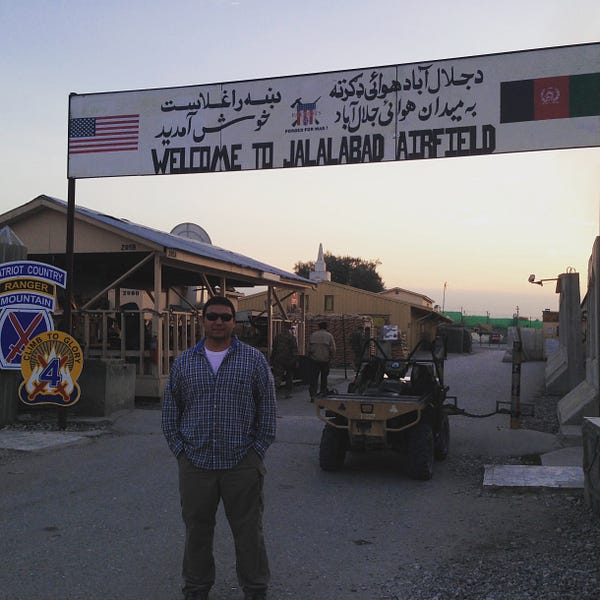
I deployed to Afghanistan three times as a DoD civilian intelligence officer from 2012 to 2015. Is the news out of Afghanistan troubling to me? Absolutely. I’m devastated at what I believe the Afghan citizens are in store for with the Taliban. I keep thinking of the allies I worked with and the locals who ran the shops on our bases, who I drank tea with almost daily.
I’m torn though on how this outcome could have been any different. We brought military and government resources to the country to root out Osama Bin Laden and Al-Qaeda but stayed to help Afghanistan be a free and secure nation with the self-defense capabilities to keep the Taliban from regaining power. I don’t deny the existence of more ominous political and selfish reasons or the countless examples over 20 years where we showed insensitivity or bad judgement at both the lower ranks and senior ranks. This conversation is relevant as we influence and shape foreign policy and our reputation as a nation. But I want to skip that topic today, because I don’t want it to take away from the many American lives either sacrificed or damaged (either physically or mentally) supporting what we believed was for our country’s best interests at the time.
I raised my right hand to enlist in the US Army on September 12, 2001; I really believed I was helping to defend our great nation against terrorists. One day I’ll talk more about my active-duty deployments to Iraq and how that country’s fate made me feel, but that one still hurts too much. What’s happening in Afghanistan hurts too. Yet, I don’t think there are many who have been to Afghanistan a few times over the past decade who are surprised by the outcome. I believe we were hopeful for something we maybe secretly knew wasn’t going to happen.
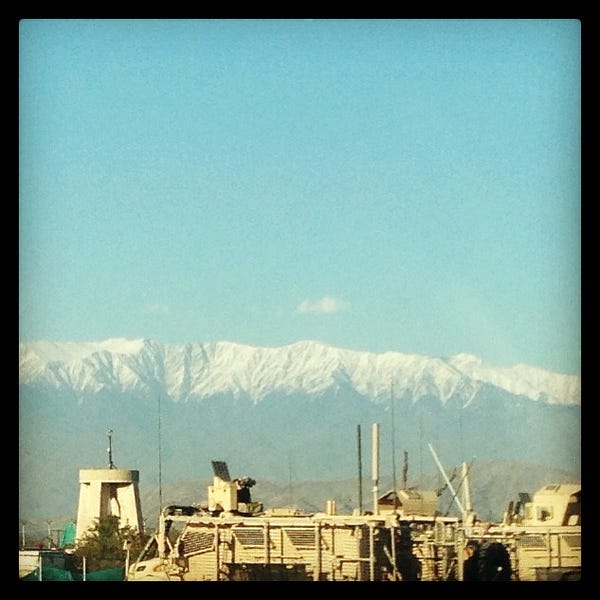
On my third deployment to Afghanistan in 2015, I had a strong notion we didn’t belong there anymore. I felt like 90–95% of my mission was to help keep Kabul safe from attacks on American and coalition forces. I would be 100% ok with that mission if I believed we were making a great impact in the country. However, I didn’t see any changes in the country’s governance, self-defense capabilities, or willingness to lead. Instead, the opportunistic made a lot of money, the Taliban ran shadow governments from Pakistan with local leaders in most Afghan districts (undermining the local Afghan government and enabling their quick retaking of the country), and many of our trained Afghan defense forces were incapable of fighting off the Taliban without our direct military support on the ground. On top of that, we were losing soldiers and civilians regularly to Afghan police and soldiers — who we trained, ate with, slept next to, and fought with — attacking us from within the ranks through insider attacks. We were still targeting dangerous people in the country with great success, but the real power players were out of reach in Pakistan or other countries.
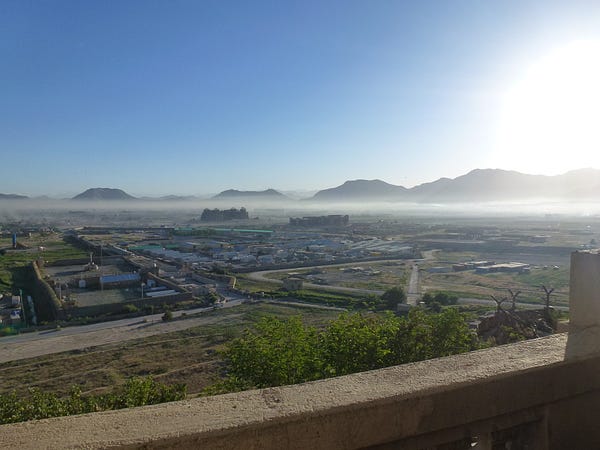
This war was costly for us. DoD figures estimated military expenditures of just under $1 trillion since October 2001 and an additional $44 billion in State Department and USAID funding. These numbers do not even address the classified CIA spending, and I’d also imagine it doesn’t include fuel or personnel costs for flights and logistics support at our bases in Kuwait, Dubai, Turkey, and other surrounding countries. The human cost includes over 3,500 coalition deaths (2,300 of them Americans) and over 20,000 US soldiers injured in action including many of whom I call friends.
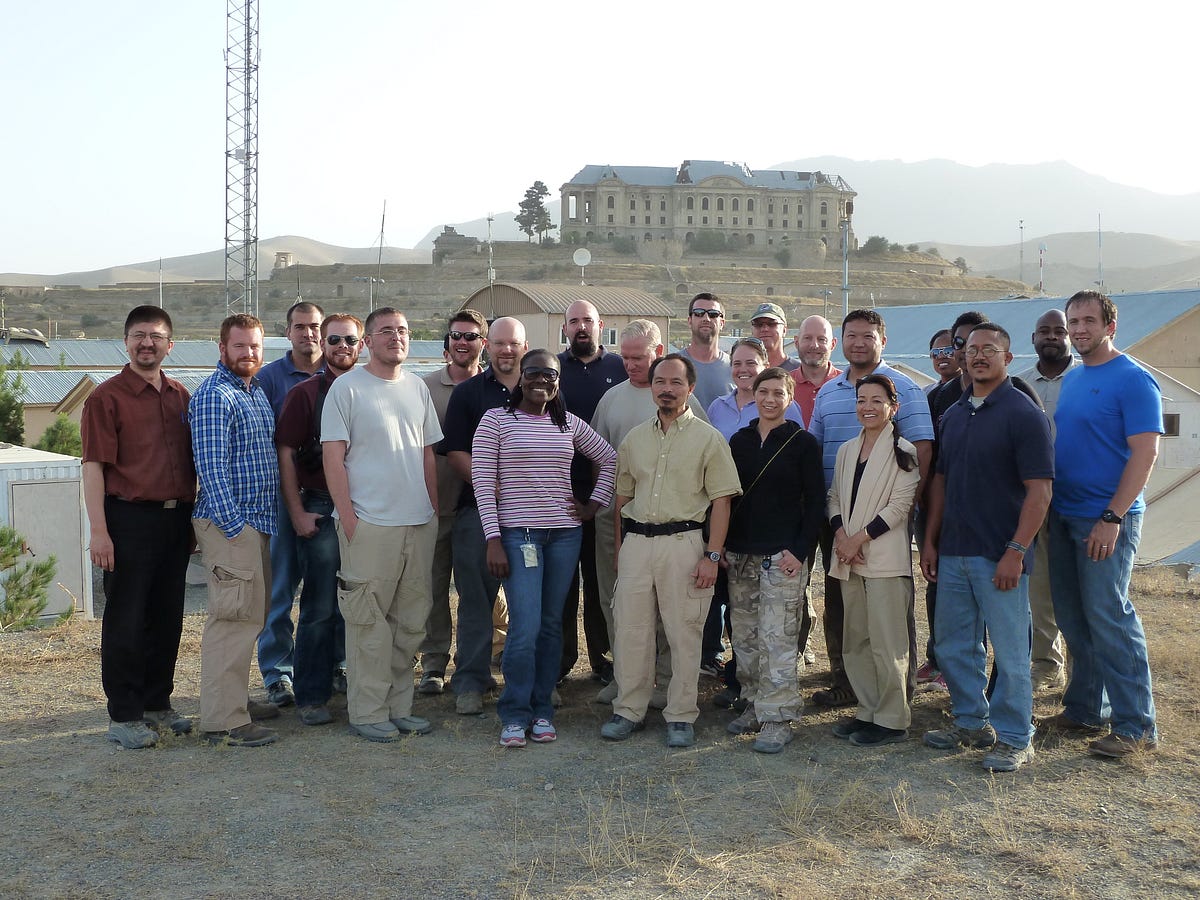
To those that served, whether military, federal civilian, or contractor… I salute you. Thank you for your sacrifices: your time, your family relationships, your mental health, your lost ones. I think we proved we are a mighty partner for any country that is willing to receive our help. I love all of you I served with and have countless examples of thought leadership, performance under pressure, developing solutions to impossible problems, friendships, and contributions to my personal growth. It’s a shame it took a war for that to happen. I miss your camaraderie, your dumb jokes, the hookah pipes, and even your drama. I wouldn’t trade the experience (except editing PowerPoints) for anything.
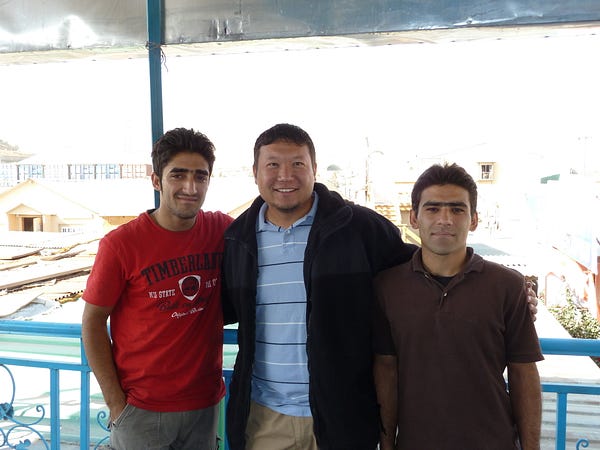
To my Afghan colleagues, I hope you made it out. I think of you often. I wish I knew how to help, and I don’t mean contributing money to a group that’s helping, but to actually help you.
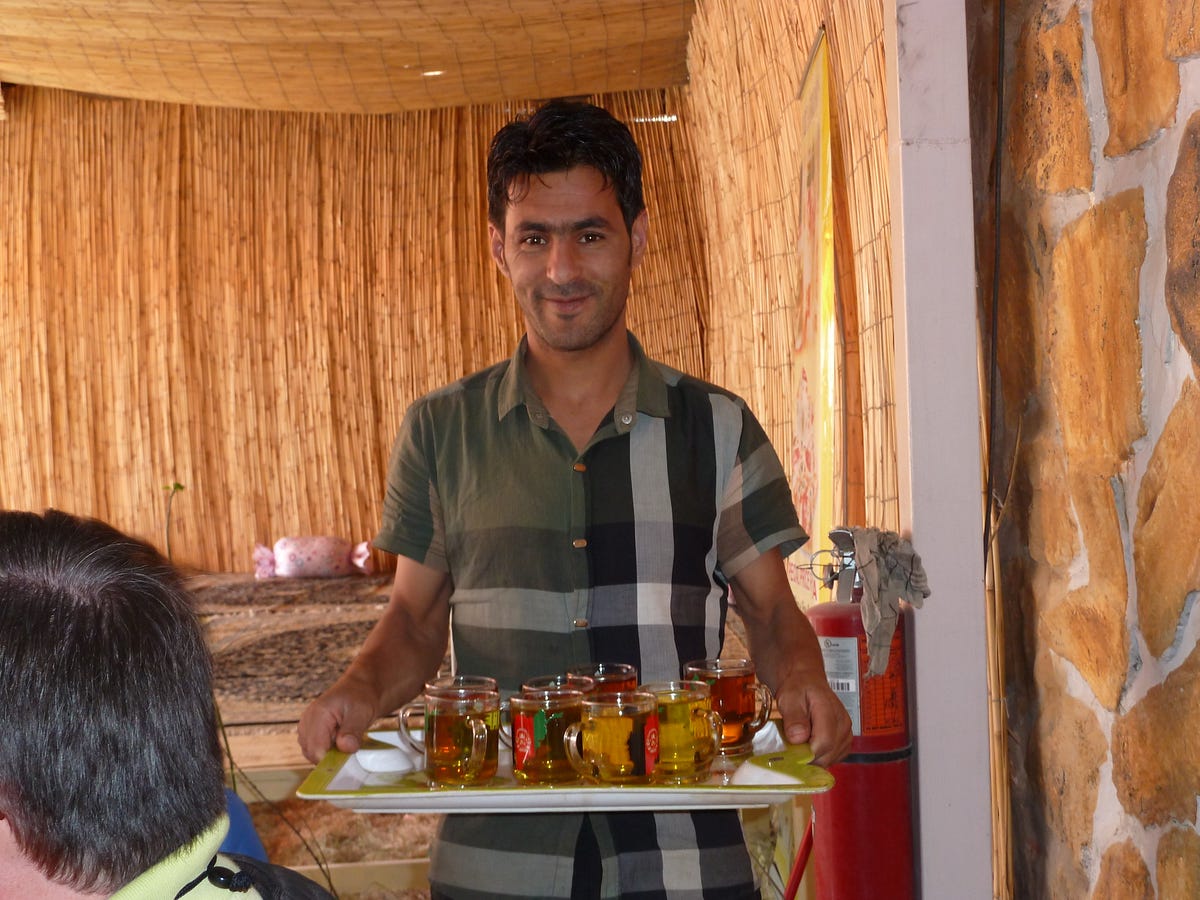
Let me wrap this up with a few last thoughts.
* I don’t have an answer for how any of our administrations, Republican or Democrat, could have gracefully exited Afghanistan. There are many smarter people than me that have dedicated a lot more time and research into the topic that also don’t agree on a single strategy. I have chosen to just accept that this is what happened for better or worse. I hope we do better next time, or better yet, don’t get sucked into this type of conflict. I feel partly guilty our country left Afghanistan high and dry this year. I hate the fact that insurgents and Taliban members will not be put to justice for the crimes they’ve committed. I also feel angry we gave so much time, money, and lives to help a country that didn’t want to take responsibility for their own self-defense. I would have been very happy to hear news the Afghan defense forces were repelling Taliban advances and defending their own right of governance. Instead, I’m sad thinking about the fate of Afghan women and the enterprising young Afghans I met in Jalalabad and Kabul.
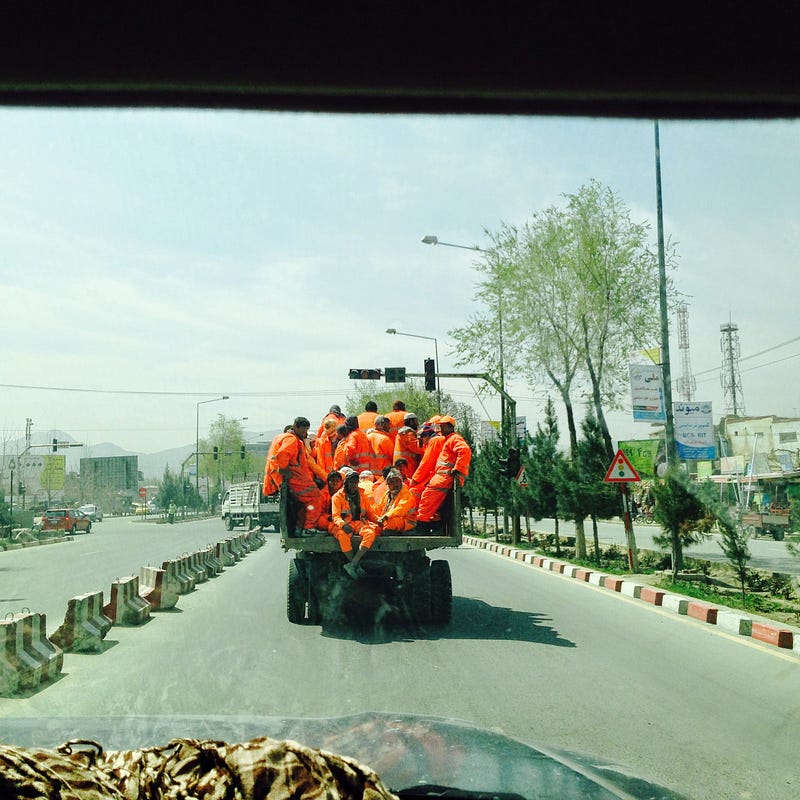
* I’ve been asked if I see the Taliban as a threat to us, will they attack Americans exiting Kabul or Americans overseas? I don’t think that should be an immediate concern. While the Taliban likely have financial resources and now enough weapons to cause a lot of regional conflict and perhaps plan attacks on other Americans abroad, I don’t think that is their ultimate objective. They’ve won. They get their country back. I believe they’ll do what they can to hasten our departure and then hope we stop interfering with their internal politics. I hope I’m not wrong on this… I also hate that I have to write that “they won.”
If anyone wants to dialog on the history of the country, its reputation as the “Graveyard of Empires,” the post-Soviet civil war and struggle for control among Mujahidin, and the eventual rise to power of the Taliban, the history major in me is always up for a good chat. If you want to vent about how Bush, Obama, Trump, or Biden is to blame, I’d recommend not writing me; I likely won’t engage in that conversation.
In 2015, I made the choice to leave the federal government and defense industry completely after how my last two deployments to Afghanistan made me feel about our work there and how I started to feel about my work in the Intelligence Community as a whole. I used an MBA as an exit strategy, officially leaving the DoD in 2015 and leaving a lot of my old life behind me. I try to avoid analyzing counterterrorism strategy in the Middle East or military/WMD activity in the Koreas and East Asia. For the most part, my close, intimate knowledge with North Korea, Afghanistan, Iraq, and Syria went away in 2016, and I don’t miss it. However, I felt compelled to write this for myself. I don’t claim to have a right to an exclusive opinion on Afghanistan nor do I devalue anybody else’s opinion. I’ve had a heavy heart the past week and increased anxiety from seeing the news and seeing so many in the world care about Afghanistan all of a sudden without having sacrificed anything over the past 20 years to contribute to the situation. I thought I needed to write this and if you’ve actually read this entire article, thank you for mentally giving me your time.


